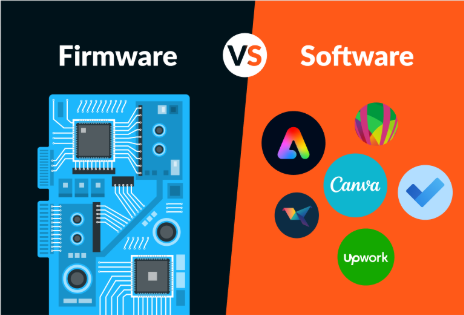
Types of Software Licenses | Freeware, Open Source, Proprietary
When you download or use software, you’re agreeing to more than just a tool — you’re also agreeing to its license. Software licenses determine how software can be used, modified, or shared. Let’s explore the major types of software licenses you should know about, especially if you’re preparing for computer-related exams or working in IT.
What is a Software License?
A software license is a legal agreement between the user and the software developer or publisher. It specifies the terms of use, ownership, and redistribution. Software without a license is considered unlicensed and illegal to use.
Learn more about software in general
1. Freeware
Freeware is software that is completely free to use, but you cannot usually edit or redistribute its source code.
- Examples: Skype, Adobe Acrobat Reader, Zoom
- You can use it freely but with some limitations like ads or limited features.
Related: What is Application Software?
2. Open-Source Software (OSS)
Open-source software gives users access to the source code, allowing them to modify, enhance, and share the software.
- Examples: Linux, VLC Media Player, GIMP
- Encourages community collaboration and innovation.
Related: What is System Software?
Related: Programming Software Explained
3. Proprietary Software
Also known as closed-source software, this type is owned by a company or individual and restricts access to its source code.
- Examples: Microsoft Office, Windows, Adobe Photoshop
- Often requires purchase or subscription for full access.
Related: Firmware vs Software
4. Shareware
Shareware is provided free for a limited time or with limited features. After a trial period, users must pay for the full version.
- Examples: WinRAR, antivirus software trials
- Great for testing before buying.
Related: What is Utility Software?
5. Public Domain Software
Software released into the public domain has no copyright restrictions and is free to use, modify, and distribute.
- Examples: Some educational tools, certain archived games
Why Software Licenses Matter
Understanding software licenses helps you:
- Stay legally compliant
- Avoid piracy
- Choose the right tools for your projects
- Know what you’re allowed to customize
Bonus Tip: Software Licensing in Exams
Exam Tip: Many competitive IT exams ask questions like:
- What’s the difference between freeware and open source?
- Which license type allows modification?
- Examples of proprietary software?
Summary Table
| License Type | Can Modify? | Free to Use? | Examples |
| Freeware | No | Yes | Skype, Acrobat Reader |
| Open Source | Yes | Yes | VLC, GIMP, Linux |
| Proprietary | No | Often No | Windows, MS Office |
| Shareware | No | (Trial) | WinRAR, Antivirus Trials |
| Public Domain | Yes | Yes | Public tools, older games |


